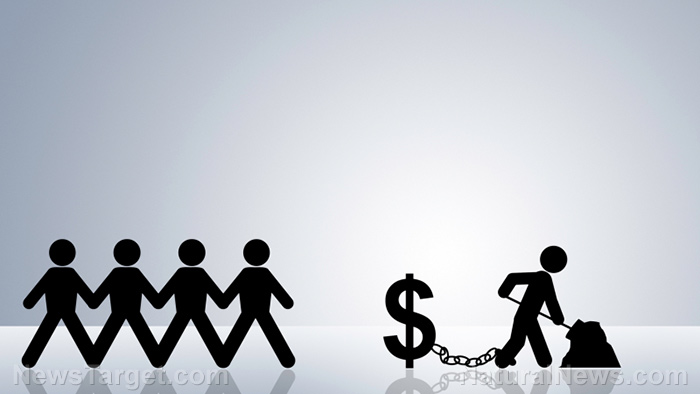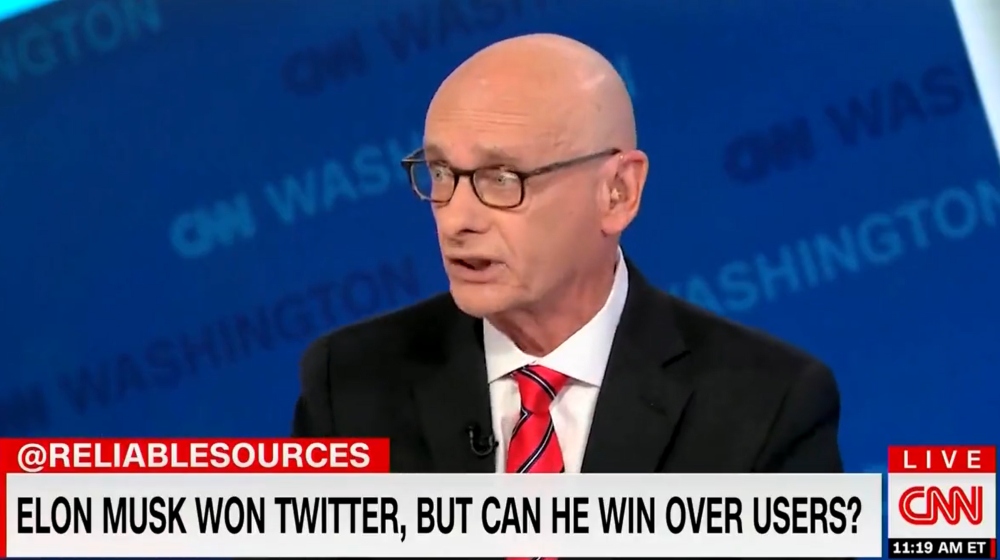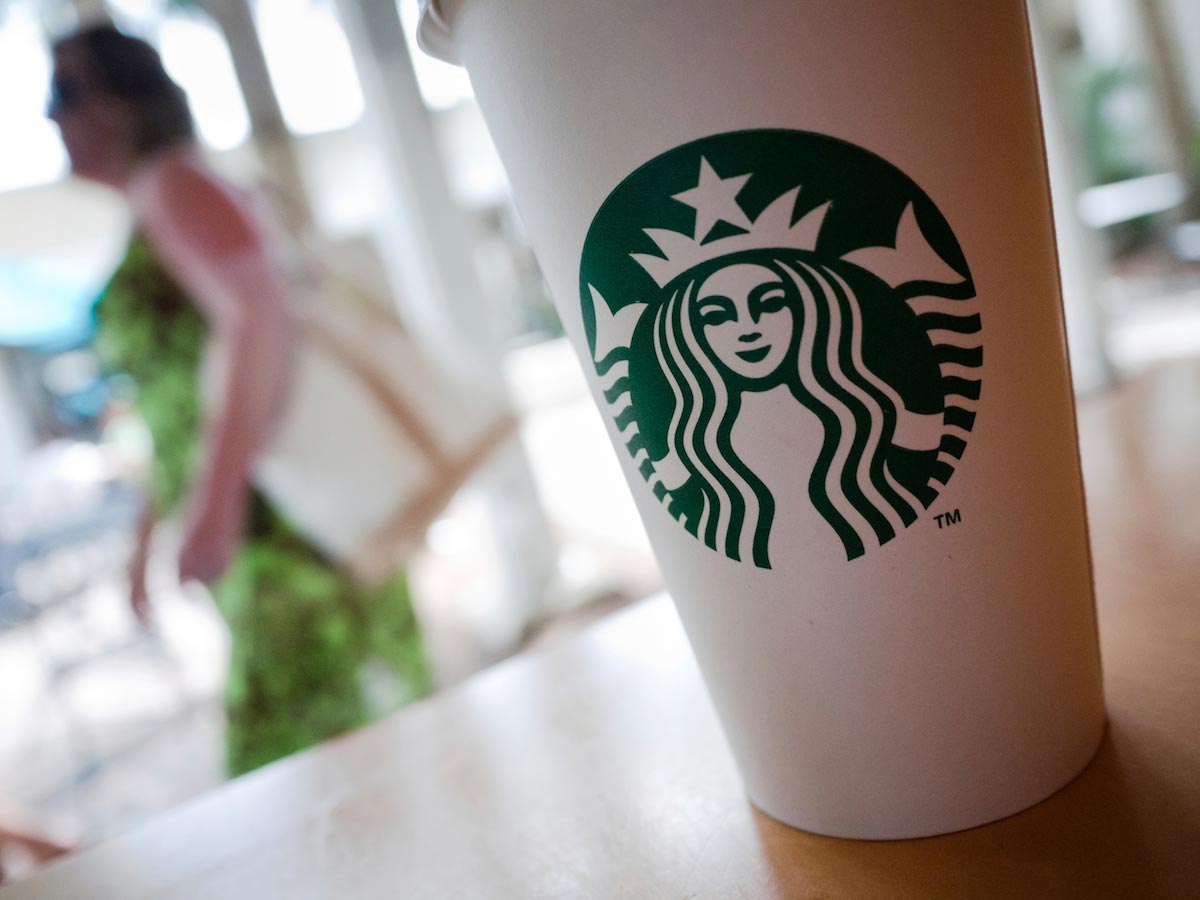“Buy now, pay later” schemes touted by influencers burying Gen Z deeper in debt
05/05/2022 / By Ramon Tomey

Social media influencers on TikTok have been touting “buy now, pay later” (BNPL) schemes for the supposed convenience when it comes to purchasing products and services. However, these installment schemes only serve to bury Generation Z deeper in debt.
BNPL apps such as Klarna, Sezzle, Zip, Afterpay and Affirm present themselves as easier and more seamless alternatives to credit cards. Goods purchased via BNPL schemes often divide the total amount into four or five payments, with the first installment serving as the down payment at the time of purchase. The rest of the amount is usually paid off either monthly or bi-weekly.
However, SFGATE Assistant News Editor Joshua Bote strongly criticized BNPL services as “not just normalizing debt, but actually glamorizing it.” Influencers heavily marketing the service on social media are also promoting the service as “a way for trend-conscious young people to have all the coolest consumer goods, whether they have the cash on hand or not.”
Two TikTok users voiced out concerns regarding BNPL services to SFGATE.
“These BNPL programs incentivize people to spend above their means, because they’re like ‘Oh well, it’s only this amount over four months. People almost brag or joke that ‘Oh, it was only 24 payments of $20’ or ‘I got it with Afterpay, so it’s technically free,'” said fashion influencer Celesta. The San Francisco Bay Area resident declined to give her last name.
Designer and blogger Briana Fountain, 27, said she first saw advertisements for BNPL companies on trendy fashion websites. “As BNPL grew in popularity, [advertisements for it were] plastered on the front of clothing, makeup, and perfume websites,” she continued.
The Atlanta-based Fountain pointed out that minorities are especially likely to use the services. “The way in which [BNPL companies] targeted and marketed this toward people of color as the newest version of layaway, to me, was intentional – but also disgusting,” she explained.
An analysis appeared to back up her claim: Figures from financial data firm Morning Consult found that 28 percent of Blacks and Hispanics signed up for at least one BNPL loan in January – twice the 14 percent of Whites who availed of the same.
Financial experts express concern with BNPL services
According to Bote, few of the BNPL services conduct credit checks on their customers. These checks, he wrote, would help determine whether people will be able to repay the succeeding installments.
He also cited two surveys that polled users from Generation Z who used the service. One survey found that 43 percent of consumers have missed at least one payment. Another survey found that 30 percent of consumers who availed of a BNPL scheme for something they needed missed at least two payments. (Related: Americans are taking on more debt than they can handle, most of it going to mortgages.)
Financial experts who spoke with SFGATE also shared Bote’s sentiment.
Marisabel Torres of the Center for Responsible Lending said BNPL companies “are marketing very heavily to an audience that is younger, that might not just have as much experience on how to use credit and what credit implications are or what it means to have multiple loans at one time.”
“Credit has been made available to consumers very quickly and on a very large and international scale – without the really proper and appropriate consumer protections in place. There’s a lot of concern that consumers could be amassing large amounts of debt at a very quick pace without having a clear understanding of what the terms are.”
Frontier Group policy adviser R.J. Cross, meanwhile, said BNPL companies are aware that “by shrinking [the amount] of the upfront payment, it’s going to seem cheaper to people.” He added: “There are plenty of interviews, especially with younger consumers, who have said ‘It does make it feel cheaper.'”
DebtBomb.news has more stories about people and nations getting buried in debt.
Watch Leah Steele giving important advice about debt in the video below.
This video is from The Leah Steele Channel on Brighteon.com.
More related stories:
Debt-ridden millennials are vulnerable to the economic crisis from the coronavirus outbreak.
American household debt reaches record high of $15 trillion.
Payments panic and the ending of fiat currencies.
Sources include:
Submit a correction >>
Tagged Under:
buy now pay later, computing, conspiracy, credit cards, credit checks, dangerous, debt, debt bomb, debt collapse, deception, finance, Generation Z, influencers, installment, lies, loans, risk, Social media, TikTok, traitors
This article may contain statements that reflect the opinion of the author
RECENT NEWS & ARTICLES
COPYRIGHT © 2019 Dangerous.News
All content posted on this site is protected under Free Speech. Dangerous.News is not responsible for content written by contributing authors. The information on this site is provided for educational and entertainment purposes only. It is not intended as a substitute for professional advice of any kind. Dangerous.News assumes no responsibility for the use or misuse of this material. All trademarks, registered trademarks and service marks mentioned on this site are the property of their respective owners.




















